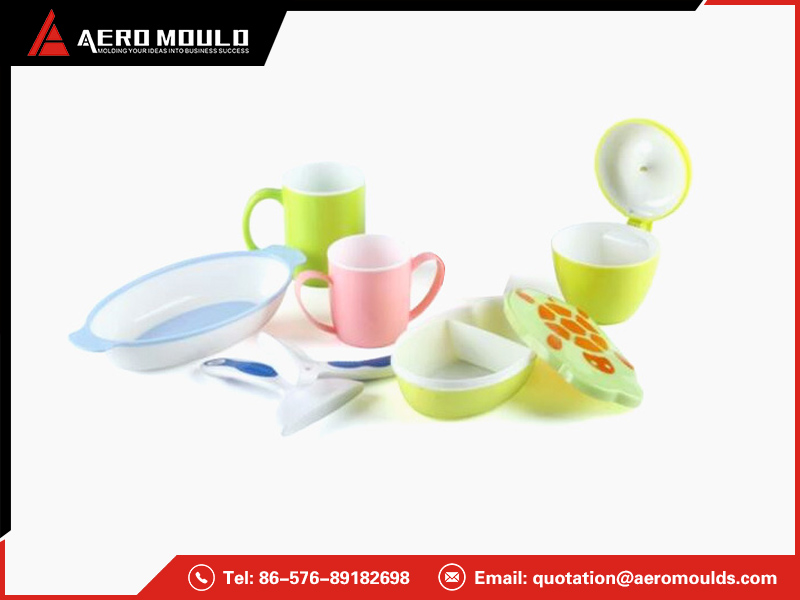Aero Mould Co., Ltd
Mobile/whatsapp: 0086-13666469798
Add: 18# KaiTuo Road, XinQian Street, Huangyan District, Taizhou, Zhejiang, China


The types of beverages with easy-open lids are now main […]
1. The corrosiveness of vegetable protein drinks and some milk-based mixed drinks is not very strong. Unless these beverages are fermented and acidity is added, they will become corrosive. Generally speaking, if the manufacturer attaches great importance to the color of the product and hopes that it will not brown during the shelf life, they prefer to use plain iron cans. If a longer shelf life is required and color is not the primary goal, paint cans should be used. Because these products are not corrosive, the tin and iron dissolution reactions are relatively slow, and only need to close the sealing structure to avoid low vacuum problems.
2. Juice drinks and juice-type health drinks have different acidity control standards, so the corrosiveness will be very different. Some products are more corrosive because of excessive acidity. These products are prone to iron melting if they choose paint tanks, and then hydrogen gas will cause the vacuum to drop, and perforation will occur if they continue to corrode. For juice beverages with general acidity, no matter whether they are made of plain iron cans or paint cans, the corrosion is relatively gentle and will not cause low vacuum.
3. For canned vegetables with low acidity, iron dissolution can occur regardless of whether you choose plain iron cans or paint cans, which will lead to hydrogen swelling and perforation. The acid should be adjusted for this kind of cans to ensure slow detinning corrosion on the can wall, thereby ensuring the quality of the product.

Mobile/whatsapp: 0086-13666469798
Add: 18# KaiTuo Road, XinQian Street, Huangyan District, Taizhou, Zhejiang, China
